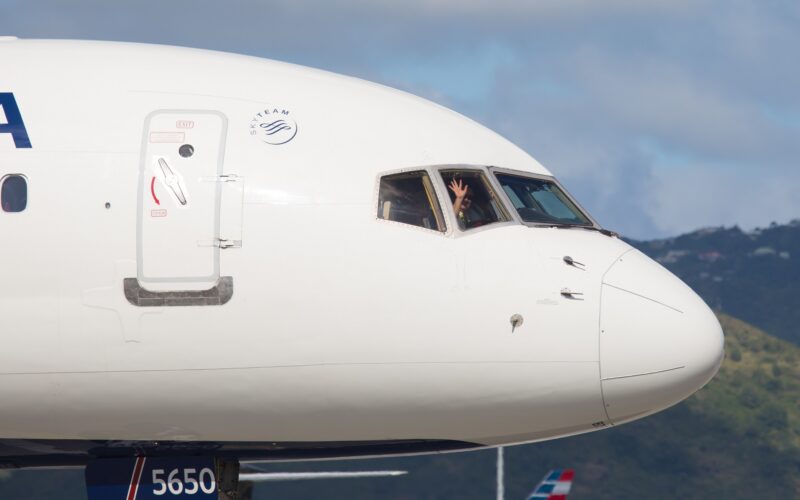United States House of Representatives Passes FAA Bill for Next Five Years

On July 20, 2023, the United States (US) House of Representatives voted in favor of passing the Federal Aviation Administration (FAA) bill, securing its authorization to operate for the next five years. The bill, officially titled the “Securing Growth and Robust Leadership in American Aviation Act,” was introduced by the House’s Transport & Infrastructure Committee (T&I) on June 9, 2023, and received overwhelming approval with a 351 to 69 vote.
According to Sam Graves, the Chairman of the T&I, this bipartisan legislation aims to enhance the safety and efficiency of the aviation system, bolster airport infrastructure, and improve the overall quality of service for passengers. Additionally, the bill strives to make the FAA more agile by encouraging the safe adoption of innovative technologies and addressing the critical workforce shortages in various aviation sectors, including pilots, mechanics, and air traffic controllers.
However, the bill has faced opposition from the Air Line Pilots Association (ALPA), a prominent aviation safety organization. ALPA contends that a specific provision in the bill would raise the mandatory retirement age for pilots from 65 to 67, a move they believe poses new risks to flight safety. The union argues that this proposal lacks substantial support from safety experts, including the FAA and the Department of Transportation, both of whom oppose the change for safety reasons.
Republican Representative Jack Bergman, a former Northwest Airlines captain from Michigan, voted against the bill, highlighting concerns that dissenting voices were suppressed in the legislative process to avoid a much-needed debate.
Despite the opposition, the T&I remains steadfast in their belief that the FAA bill will lead to overall improvements in aviation operations. They argue that it will strengthen the General Aviation (GA) sector, foster workforce growth within the industry, increase investments in airport infrastructure, uphold safety standards, promote innovation, and enhance the passenger experience.
Additionally, the bill also grants authority to the National Transportation Safety Board (NTSB) to function as an independent agency for investigating safety incidents not only in aviation but also in other industries, such as rail and maritime shipping.
